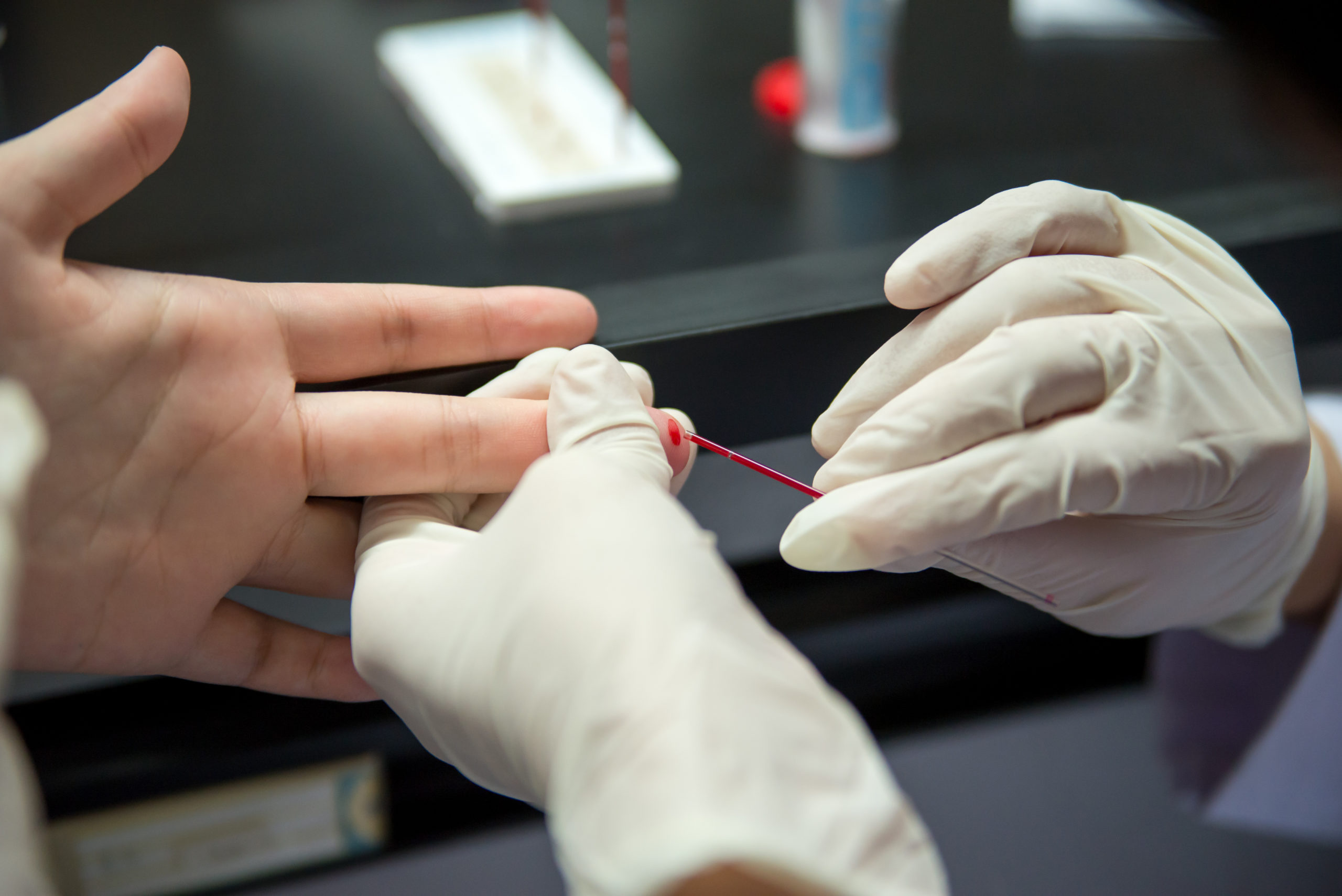There have always been links between HIV and intravenous drug use. Addiction cravings can lead to many bad decisions, which often times include sharing dirty needles. Now with the rise of opioid abuse, that issue is rearing its ugly head again; particularly in working class communities across the east coast.
Lawrence, Massachusetts is the city making headlines this week, after new a study showed a significant spike in HIV contractions throughout its borders. Consisting of just 80,000 citizens, the small town registered 52 diagnoses over the past several months. That is double the amount of HIV cases from the year prior, leading city reps to declare an official “outbreak.”
And yes, opioids are being deemed the culprit. Specifically its the synthetic offshoot, fentanyl, that’s receiving most of the blame. Police have uncovered several illegal manufacturing operations throughout Lawrence, which distribute the drugs via injectable vials. Worse yet, this particular strain delivers an extremely short (and addictive) high, leading to more frequent injections. Fentanyl’s cheap street price is also a concern, as it is becoming more and more available to desperate people sharing needles.
“People just don’t care,” Tufts University School of Medicine infectious disease rep Thomas Stopka explained in a recent Huffington Post article. “When it comes down to it, if you’ve got a bag in your hand and somebody next to you’s got a dirty needle, you’re not going to run and find a clean one.”
Sadly, these cases aren’t just limited to the city of Lawrence. Nearby Lowell, Massachusetts is experiencing its own outbreak as well. Dozens of more HIV cases have been diagnosed in that city and the risks are rising as the opioid crisis grows.
The Center of Disease Control (CDC) has also gotten involved, sending a rapid response team of Epidemic Intelligence Service officers (also known as “disease detectives”) into both communities. They discovered that the majority of these cases involved white men between the ages of 20 and 39. 90 percent of them had also been infected with hepatitis C as well, which is also strongly correlated with intravenous drug use.
One other interesting footnote to these findings is the fact that Massachusetts has robust local health systems in place, with near-universal coverage for its residents (HuffPo called it “the gold standard for access to health care”). So if this can happen there, there are grave concerns about the epidemic spreading.
Stopka feels that needle exchanges and sterile syringe availability is one quick way to make a dent in the outbreak.
“Lack of access to sterile syringes is paramount,” he concluded. “If it can happen in Massachusetts, which has all the support in the world and all the services in the world, it can happen anywhere.”







